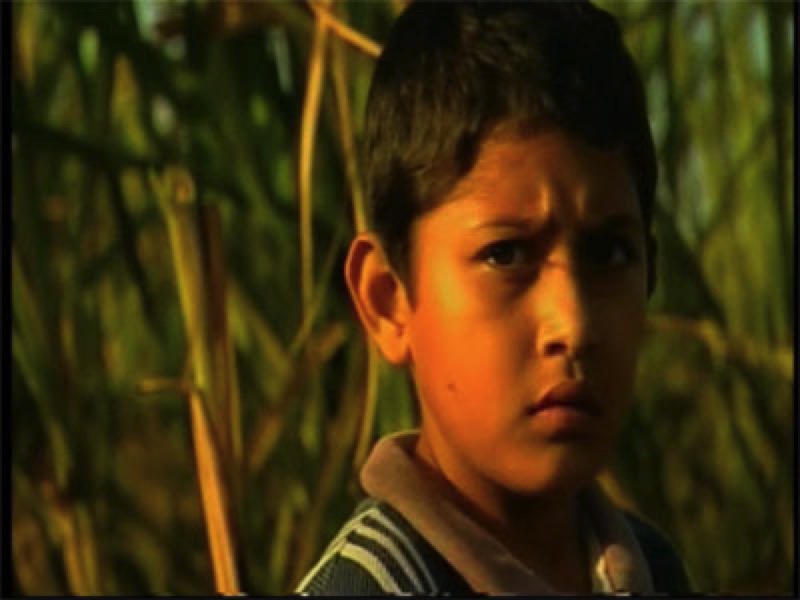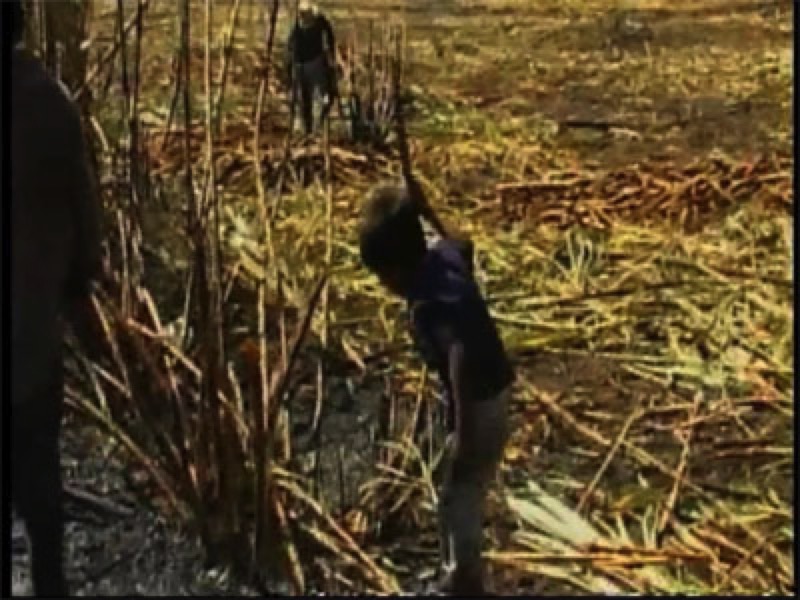Coke's Crimes in El Salvador
Campaign Reports | Newletter Archive
China | Colombia | El Salvador | Guatamala | India | Kenya | Pakistan | Philippines | Tanzania | Turkey
Child Labor and Environmental Abuse
In 2004 Human Rights Watch exposed the fact that Coca-Cola's sugar supplier in El Salvador uses sugar cane harvested by children. Film footage taken in 2007 and aired as part of a nationally televised documentary in the UK confirmed that child labor is rampant on the plantations harvesting cane for Coca-Cola's sugar supplier.
A book entitled "Belching Out the Devil" by Mark Thomas, published in the United States in 2009, makes it quite clear Coca-Cola has done nothing to seriously address and stop this child abuse.

Unfortunately, many years after Human Rights Watch's expose on Coca-Cola and child labor, it should be asked: Is Central Izalco still a supplier of sugar for any Coca-Cola products? Is child labor still being used to harvest sugar cane for Central Izalco or any other of Coke's sugar suppliers? And what does Coca-Cola plan to do to make sure that no child labor is used in its supply chain to produce Coke products?
This question should be asked as it pertains to Colombia as well. Lawsuits alleging human rights abuses against labor leaders by Coca-Cola bottlers in Colombia are horrific, but to make matters worse, a 2008 report by the UN's International Labor Organization quoted a Coke manager in Cali saying that Coke's suppliers of raw materials such as sugar should not use child labor but added, Coke "did not yet exercise oversight of the issue."
The Mark Thomas film also highlights Coke's polluting of water sources near their bottling plants and the company's refusal to remediate the situation that is toxic and harmful to residents and wildlife.
Coke Benefiting From Child Labor in Sugar Cane Fields
By Jim Lobe | Human Rights Watch on Child Labor in Coca-Cola's suppliers in El Salvador | CommonDreams.org | Read Article

Child wielding a machete in an El Salvadoran sugar cane field.
From 5,000 to 30,000 Salvadoran children, some as young as eight years old, are working in El Salvador's sugarcane plantations where injuries, particularly severe cuts, are common, according to the report, 'Turning a Blind Eye: Hazardous Labor in El Salvador's Sugarcane Cultivation...'
"If Coca-Cola is serious about avoiding complicity in the use of hazardous child labor," said Bochenek, "the company should recognize its responsibility to ensure that respect for human rights extend beyond its direct suppliers."
Excerpts from Conclusion of Human Rights Watch report:
"Harvesting cane is dangerous work. It requires children to use machetes and other sharp knives to cut sugarcane and strip the leaves off the stalks, work they perform for up to nine hours each day in the hot sun. Nearly every child we spoke with told us that he or she had suffered gashes on the hands or legs while cutting cane. These risks led one former labor inspector to tell Human Rights Watch, "It's indisputable-sugarcane is the most dangerous" of all forms of agricultural work.
"Medical care is often not available on the plantations, and children must frequently pay for the cost of their medical treatment.They are not reimbursed by their employers despite a provision in the Salvadoran labor code that makes employers responsible for medical expenses resulting from on-the-job injuries.
"Children who work on sugarcane plantations often miss the first several weeks or months of school.For example, a teacher in a rural community north of San Salvador estimated that about 20 percent of her class did not attend school during the harvest.Other children drop out of school altogether.Those who attend afternoon sessions after putting in a full day's work in the cane fields often have difficulties keeping up in class."
Filmmaker Mark Thomas explores Coca-Cola's child labor abuses in the sugarcane fields of El Salvador.











